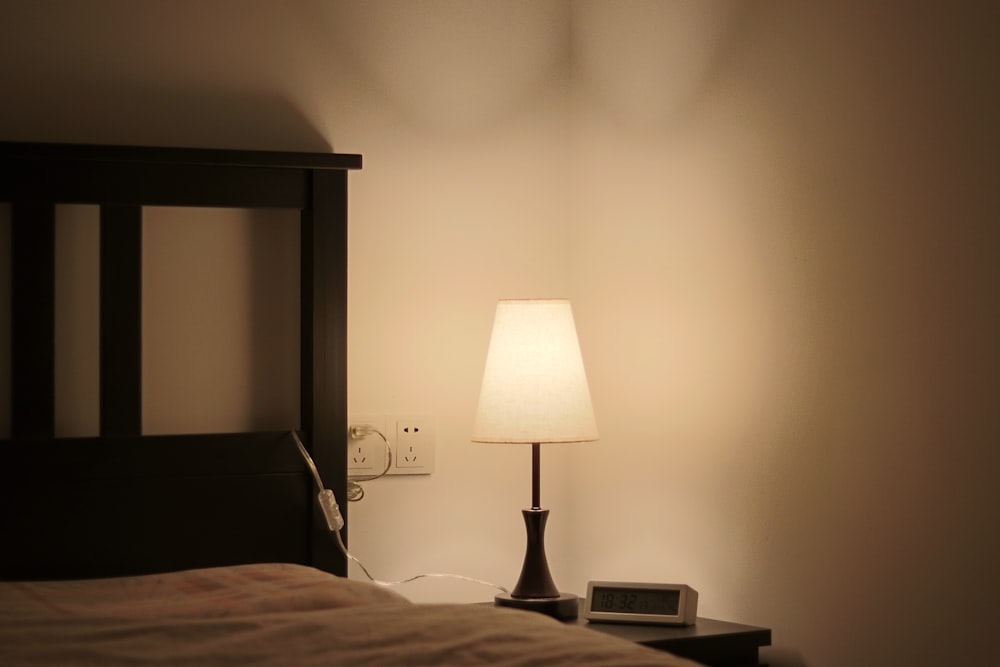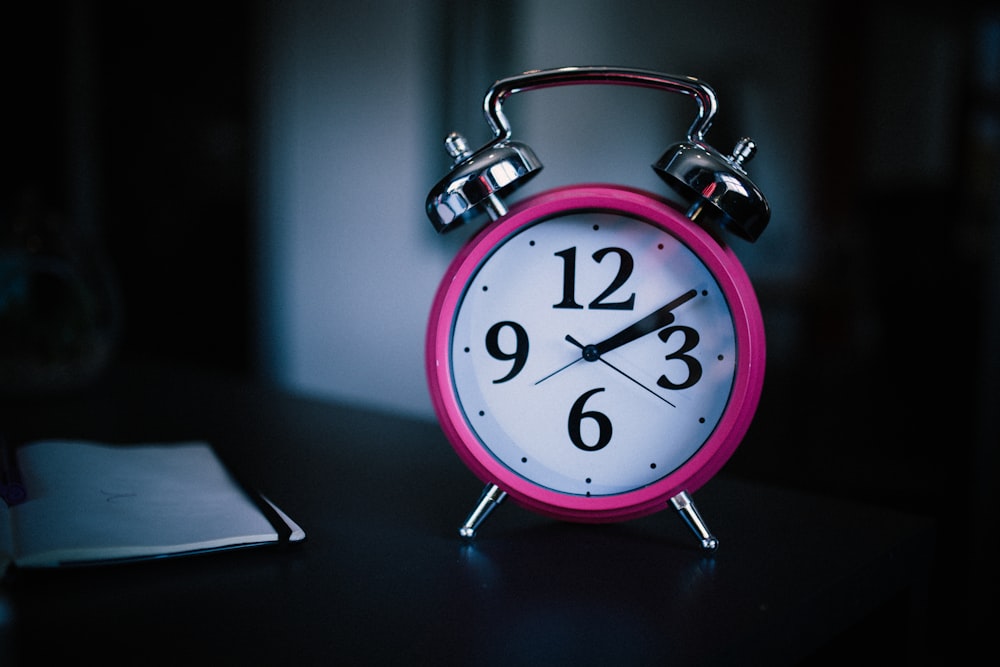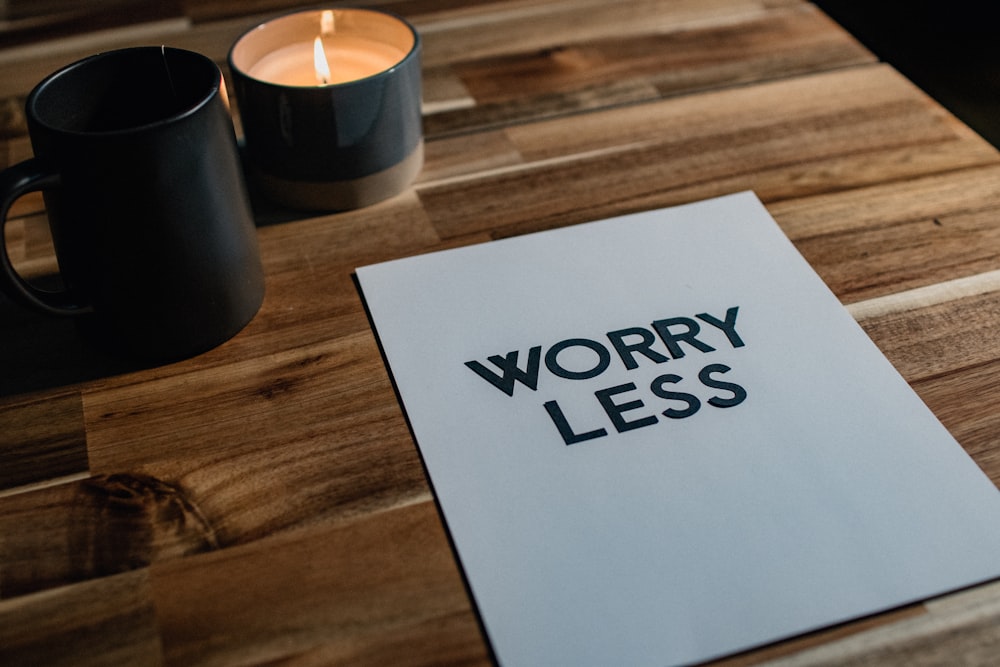Should You Also Encourage Your Employees to Nap at Work?

Photo by Lauren Kay @ unsplash
We've all been there – it’s the middle of the day (usually, around 2 PM, right after lunch) and you feel your body is getting heavier by the minute. Also, the head wants to find the closest horizontal surface and rest on it while your eyelids can’t seem to stay open.
This experience is so common among adults everywhere (kids and teenagers don’t seem afflicted by it) that it even has a name - the afternoon slump. Plus people (usually the higher-ups) often associate this lethargic state we all experience in the afternoon with low productivity, laziness, and lack of motivation.
What’s extremely interesting is that the afternoon slump is normal, natural, and completely understandable. It has nothing to do with what and how much you ate for lunch (even though a high-carb meal will worsen it) and is a natural dip in the circadian alerting signals.
What is the Circadian Rhythm and Why Does it Affect Work Productivity
Everyone knows about the circadian rhythm, but only a few of us understand its function and mechanisms. Still, you don’t have to be a sleep expert to know that human beings run on a 24-hour cycle that regulates our internal clock. This clock needs to be well-balanced, otherwise, it can throw several vital systems into disarray.
The circadian rhythm is influenced by light and other environmental cues such as the level of energy, amount of sleep, and/or sleep quality. So if you’re feeling drowsy and low-energy, you may not be sleeping as long as you need to.
Nowadays, we worship the myth of the hustler, which is a person who gives up on sleep and quality of life just to achieve their professional goals. However, hustling can’t go on forever - in fact, by skipping on sleep and being always on the job, chances are your productivity level will drop.
There is a lot of power in taking a pause from the nitty-gritty of daily work life and just enjoying a bit of free time. Plus, if your sleep debt is big, now it’s the time to work on reducing it.
Napping Can Increase Alertness and Energy Levels
Did you ever nap at work? Or better yet, if you had the chance, would you ever nap at work?
While it may sound a bit difficult to believe, the way out of the afternoon slump is not a pot of coffee or an energy drink; it’s a power nap! If you’re not familiar with the term, a power nap is a 10 to 20 minutes (max!) nap that feels like it drips energy right into your bloodstream.
The secret to a good power nap is to fall asleep fast and make sure you don’t go over the 20 minutes limit (for some, it may be 30 minutes). This is important because anything more will put you in a deep sleep state, which requires around 60 to 90 minutes to work its wonders.
Also, it does help to pay more attention to how your energy levels fluctuate throughout the day. That’s because we often forget that, if we don’t have the mental and physical energy to perform a task, it can take double or triple the time it should. When you focus on managing your energy you’ll see a dramatic improvement in your productivity levels!
The Benefits of Napping at Work
Many companies out there see drowsiness or god forbid, napping, as a clear sign the employee does not pull their own weight in the organisation and the team. However, there is clear data that indicates napping at work is extremely beneficial for productivity, accuracy, and motivation.
Plus, when you learn how to feel more awake, the mid-afternoon nap may not even be necessary. If you feel tired throughout the day, your mid-day drowsiness will be stronger than when you wake up rested and are able to keep up your energy at an optimum level throughout the day.
So if you want to help your employees stay productive and motivated, napping at work may be one of the solutions. True, it’s not a good fit for everyone, but it will help those who are deep in sleep debt.
Here’s why napping at work is a great, low-cost method to keep your people working at their best levels throughout the day:
1. It Can Improve Memory
We already know that sleep is great for storing memories in the long term. However, even naps (which won’t get you into the deep sleep cycles) are beneficial for remembering things you had to digest during the day.
So, if you’re trying to work your way through a big data batch but you feel your brain can’t cope, it may be helpful to pull over for a quick nap and return to your tasks at a later date.
2. It Clears the Mind
Naps can also help you take some distance from something you’re trying to solve but don’t seem to be able to put together. When you sleep, the brain has some time to process and reorganise information, which is why it will be easier to see the whole picture after a nap.
3. Lowers Stress Levels
Who isn’t stressed these days? Luckily, naps can help with this one too! When you sleep, your heart rate, blood pressure, and other internal processes slow down and you can relax. As a result, stress levels also go down which means you’ll feel calmer and less emotional about the problems you’re trying to solve.
4. Improves Creativity
Have you ever tried coming up with something creative when you’re tired or stressed? It’s not something many of us can do because creativity needs room to breathe. So if you or your team are going through a creative slump, maybe it’s time you give napping a change.
5. Increased Stamina
When you feel drowsy, the last thing you want to do is move. This can be dangerous in jobs that require active attention or physical activity, but it also affects office workers who you’ll often find slouched in their chairs.

However, if you take a nap when you need it, you’ll wake up refreshed and ready for a few more hours of work.
Wrap Up
All the data and studies done on this subject show that naps (even at work) are truly helpful. In fact, it takes far more energy and effort to fight the afternoon slump, which is why many people don’t perform well at the end of the work day.
In conclusion, yes, napping at work is a good idea and more companies should find ways to include it in their schedule.
Leaderonomics.com is an advertisement free website. Your continuous support and trust in us allow us to curate, deliver and upkeep the maintenance of our website. When you support us, you allow millions to continue reading for free on our website. Will you give it today? Click here to support us.
Functional
This article is published by the editors of Leaderonomics.com with the consent of the guest author.









